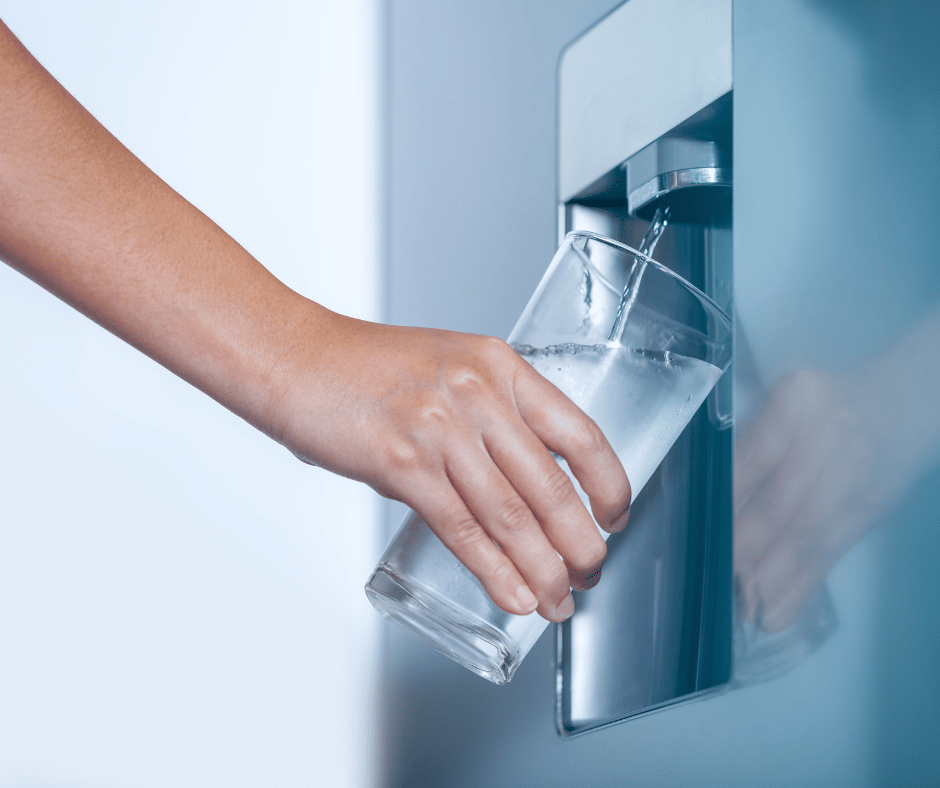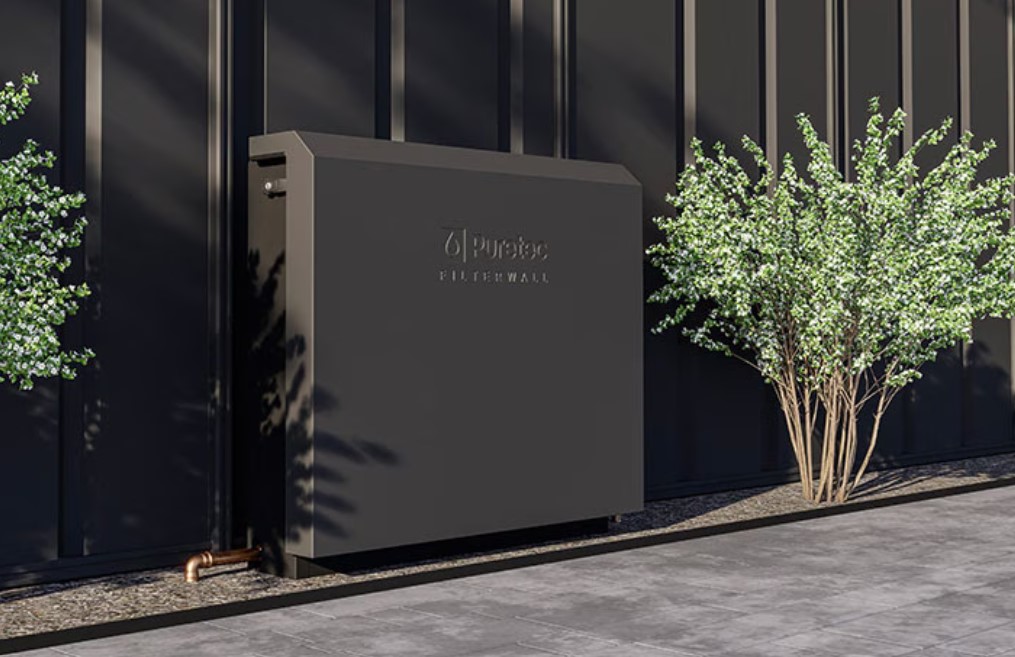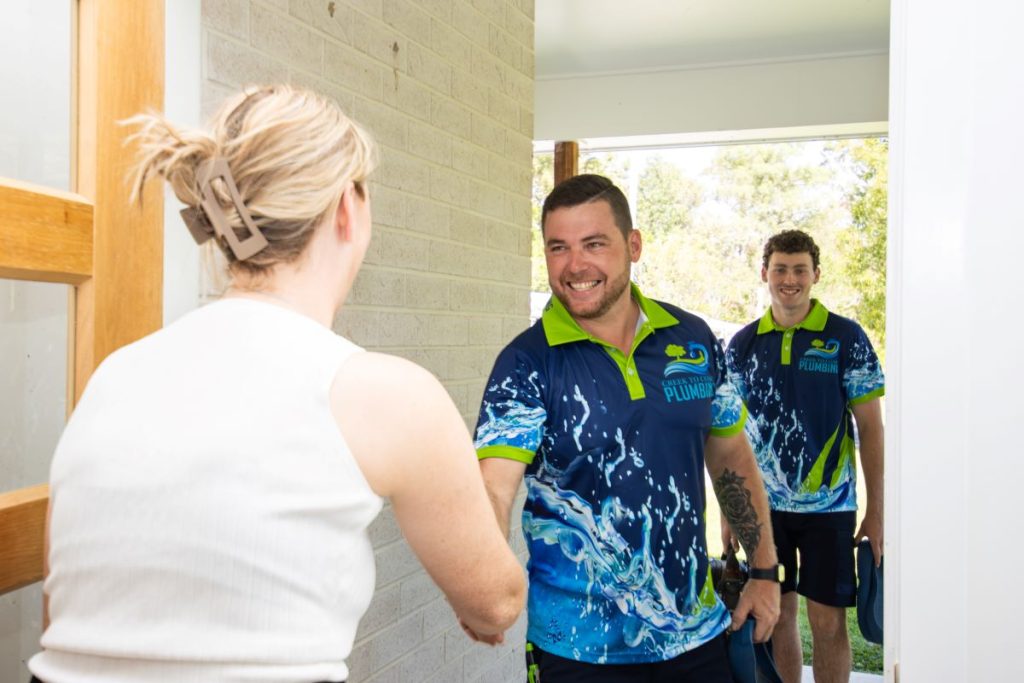Although you may not be able to detect or experience them through smell or taste, PFAS chemicals, colloquially known as “forever chemicals”, are insidiously infiltrating the water we consume on a daily basis. These hazardous substances not only exhibit remarkable persistence but are also widely dispersed throughout the environment, making it imperative for consumers to grasp the potential implications and the significant risks they pose to both health and safety.
Since their inception in the 1950s, these chemicals have found their way into a multitude of products, including firefighting foam, fast food wrappers, non-stick cookware, and stain-resistant clothing. The very characteristics that make PFAS advantageous for manufacturing—such as their extraordinary durability—also contribute to substantial environmental challenges: they resist degradation. Once these chemicals are released into the environment, they can persist for decades, accumulating in the soil, water, and even within the human body, which exacerbates the health risks associated with prolonged exposure over time.

Key Information About PFAS: Unveiling the Hazards of “Forever Chemicals”
Recently, Seqwater, the authority responsible for overseeing the drinking water supply in South East Queensland, reported the discovery of trace amounts of PFAS in both untreated and treated water across the region. While these levels are low and adhere to national safety standards, the increasing frequency of detection is alarming, especially as they are now being found more regularly across various catchment areas. For detailed insights, you can visit Seqwater’s dedicated PFAS resources that outline the ongoing monitoring and safety protocols in place to safeguard public health.
What Are the Pathways for PFAS Contaminants to Enter Our Drinking Water?
PFAS are not intentionally introduced during the water treatment process. Instead, they infiltrate the water supply through various external channels, such as industrial waste, landfill runoff, fire training sites, and stormwater runoff. During rainfall, these chemicals can wash off surfaces like roads, roofs, and soil, ultimately flowing into the rivers and dams that supply our water treatment facilities. Given the resilience of these chemicals, even state-of-the-art water treatment technologies may struggle with complete elimination, raising significant concerns about potential health hazards.
Although the risks tied to these contaminants are currently viewed as minimal, numerous households in Queensland are sensibly adopting precautionary measures. This is especially true for families with young children, individuals with weakened immune systems, or those relying on rainwater tanks for their drinking supply. In these situations, installing whole-house water filtration systems becomes essential for ensuring peace of mind and safety for all family members.

Evaluating the Effectiveness of Standard Water Filters Against PFAS Contaminants
Simply put, most standard water filters fall short when it comes to effectively removing PFAS from drinking water.
Common filtration systems, including pitcher jugs, tap-mounted units, and basic under-sink systems, are primarily designed to enhance the taste of water, reduce chlorine levels, and capture sediment. However, these systems do not meet the necessary standards for effectively tackling PFAS contaminants.
To successfully eliminate these persistent chemicals, a more sophisticated approach is required. Effective removal typically involves:
- Extended contact carbon block filtration techniques that ensure sufficient exposure time
- Anion exchange resins, specifically engineered for dealing with such contaminants, or
- Reverse osmosis — advanced technologies that are rarely included in standard, off-the-shelf filters.
This situation poses serious concerns for households utilizing plumbed-in refrigerators. The filtered water may appear clean, but it is frequently not designed for treating PFAS. Most tap filters or refrigerator filter cartridges lack the necessary filtration processes or contact duration to significantly decrease PFAS levels, thereby placing users at risk.
Why Whole House Filtration Systems Are Crucial for Minimising PFAS Exposure
This is where whole-house filtration systems, such as those offered by Creek to Coast Plumbing, become essential.
These cutting-edge systems treat every drop of water entering your home before it reaches taps, appliances, or plumbing fixtures, including your refrigerator.
Creek to Coast Plumbing installs Puretec premium-grade filtration systems that come equipped with:
- Carbon block filters designed for prolonged contact time, crucial for effective PFAS reduction
- pH correction filters to stabilise acidic rainwater and prevent damage
- UV disinfection to eliminate harmful bacteria, viruses, and parasites
- Optional reverse osmosis integration for additional filtration at kitchen taps, if desired
It’s not just about enhancing the taste of your water; it’s fundamentally about protecting your entire household from harmful contaminants right at the source, ensuring that safer water is available for showers, laundry, and cooking, not just for drinking.
The Extensive Advantages of Implementing Whole House Filtration Systems
While a single under-sink filter may safeguard your kitchen tap, PFAS can still infiltrate your home through various outlets, including bathroom taps, showers, garden hoses, and washing machines. Whole-house systems provide comprehensive protection across all outlets, which include:
- Water for drinking and cooking
- Water used for bathing and brushing
- Water required for laundry
- Water for pets and garden use
Puretec’s FilterWall F-Series and Hybrid-Plus systems are robust enough to deliver complete household protection, installed right at the point of entry by our skilled and licensed team, ensuring that every drop is safe for use.
Can Whole House Filtration Systems Really Make a Difference for Your Family?
Absolutely, especially for families that are concerned about cumulative exposure to contaminants. While Seqwater actively manages the quality of water, implementing filtration at the home level provides:
- An additional barrier against the intrusion of chemicals
- A reliable line of defence, regardless of public infrastructure
- Improved taste and odour, along with invaluable peace of mind
- Support for those with allergies or sensitivities
Comparing Town Water with Rainwater: Recognising the Risks of Both Supplies
Even if you are connected to a town water supply, PFAS can still penetrate your home. However, if you are harvesting rainwater for household use, your risk profile becomes considerably elevated.
Rainwater in Queensland may be tainted with:
- Animal waste from roof catchments
- Airborne chemicals stemming from industrial activities or bushfire zones
- Low pH water that may corrode pipes and release heavy metals into your water supply
- Tannins resulting from decomposing vegetation
This emphasises the urgent necessity for a whole-house system for homes that depend on tank water, particularly those with children, elderly residents, or frequent visitors who may not be accustomed to untreated water.
What Steps Can You Take to Determine if Your Filter Effectively Reduces PFAS Contaminants?
If your current filtration system does not specifically mention PFAS reduction, it is likely inadequate for this purpose.
To ensure your system can effectively address this issue, seek filters that include:
- NSF/ANSI 53 or 58 certification specifically for PFAS filtration
- Activated carbon filters designed for high contact time to enhance effectiveness
- Reverse osmosis or hybrid systems rated for PFAS contaminants
- Professional installation to prevent pressure drops or bypass issues that could compromise filtration efficacy

Choose Creek to Coast Plumbing: Your Local Experts for Reliable Water Filtration Solutions
As certified Puretec installers, we specialise in designing and implementing whole-house water filtration systems tailored to the unique conditions in Queensland, whether you are connected to the town supply or relying on off-grid tank water. We proudly serve residences throughout the Sunshine Coast, Moreton Bay, and inland regions, recognising that effective filtration transcends taste; it’s fundamentally about providing peace of mind for you and your family.
With our comprehensive annual servicing and filter replacement programmes, you’ll never have to worry about your system’s performance or its ability to safeguard your health.
Call 1300 793 962 or reach out to us online for more information.
Are You Searching for Water Filters That Effectively Remove PFAS Contaminants?
Inquire about our range of offerings:
- Whole House Carbon Block Filtration
Treats all water entering your home, encompassing taps, showers, appliances, and refrigerator plumbing to ensure comprehensive safety. - UV + Carbon Combination Systems
Advanced multi-stage systems explicitly designed to neutralise bacteria and filter out chemical residues — perfect for properties using rainwater and tank-fed sources. - Reverse Osmosis (RO) Add-Ons for Drinking Water
Installed discreetly beneath your kitchen sink for ultra-purified water at your most frequently used outlets.
The Article: PFAS in Drinking Water: Do Whole House Filters Offer Protection? first appeared on https://writebuff.com
The Article Whole House Filters: Effective Protection Against PFAS in Water? Was Found On https://limitsofstrategy.com
References:
Whole House Filters: Effective Protection Against PFAS in Water?

